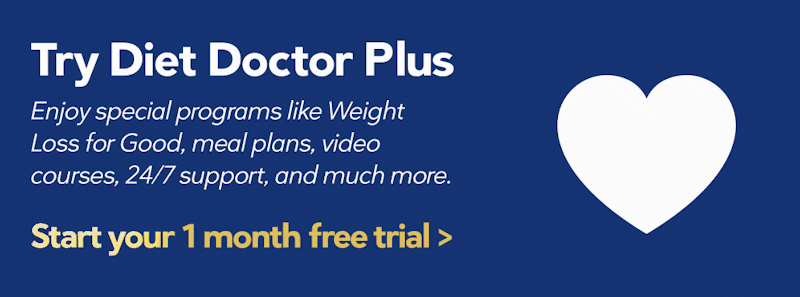Keto Fruit

It takes the hard work out of changing your diet, so you can focus on the stuff that makes all the difference. You even get a 60 Day Money Back Guarantee, so you have two months to try it out.
Deciding Upon Effective Advice For Healthy Habits
When you stop keto, you can eat a whole rainbow of veggies like antioxidant-rich sweet potatoes, white potatoes, carrots and squash. Eating more vegetables and fruits can reduce inflammatory markers in the body, and reducing inflammation is key for reducing disease risk. So it’s a big deal to again be able to eat mangoes, oranges, grapes, bananas, cherries and other fruits that weren’t allowed on keto.
Effective Secrets In Healthcare Described
— One of the biggest benefits of going keto is the focus on eating lots of low-carb vegetables to help fill your plate. So hopefully you’ve gotten into a daily habit of eating cucumbers, red peppers, cabbage, cauliflower and other veggies.
- Ketosis is when the body starts breaking down stored fat into molecules called ketone bodies to use for energy, in the absence of circulating blood sugar from food.
- Once the body reaches ketosis, most cells will use ketone bodies to generate energy until you start eating carbohydrates again.
- Carbohydrates are the body’s preferred source of energy, but on a strict ketogenic diet, less than 5 percent of energy intake is from carbohydrates ultra fast keto boost.
- Stick through those early days to help you reach your goals and to achieve your desired keto weight loss results.
- The ketogenic diet is a high-fat, moderate-protein and very low-carbohydrate diet.
By making small tweaks in your lifestyle like sleeping for 7-8 hours and cutting down your cup of coffee, you might get some relief. That’s because keto forces people to sacrifice healthy foods such as fruits, vegetables, and whole grains that are linked with lower inflammation and long-term health. Palmer notes that for some people cheating is the only way they can “stick” to the keto diet. Palmer pointed out that it’s best to follow a diet that can help you be healthy in the long term, not one that results in rapid weight loss that can lead to yo-yoing weight.
A keto diet can act as an added stressor, which can hamper the normal functioning of your body. To come in sync with it, you need to make some changes in your lifestyle. If your caffeine intake is too much or you do not get proper sleep or are following intermittent fasting with keto, it might backfire. These conditions may stress your thyroid which can impact your adrenaline gland and can even lead to an autoimmune reaction, all of which can lead to hair loss.
Standards For Convenient Products In Healthy Habits
It seems like everyone is praising the keto diet these days. But if you’re considering this diet, you’ll probably want to know about the side effects before you decide if it’s right for you. recommend consuming whole grains daily, and beans and legumes should be eaten twice a week. To avoid constipation, introduce these foods slowly as part of the gradual increase in carbs.
